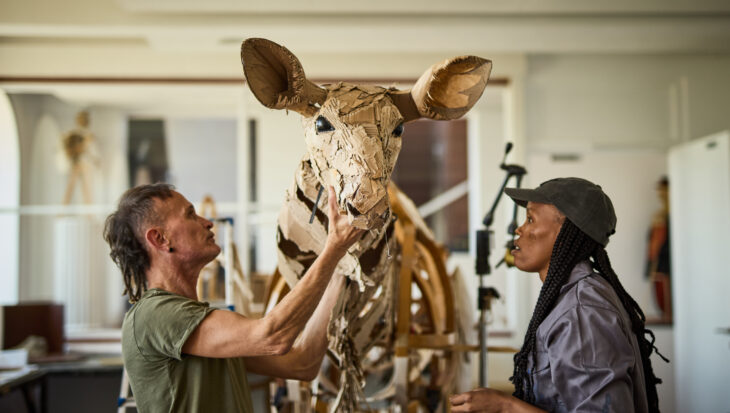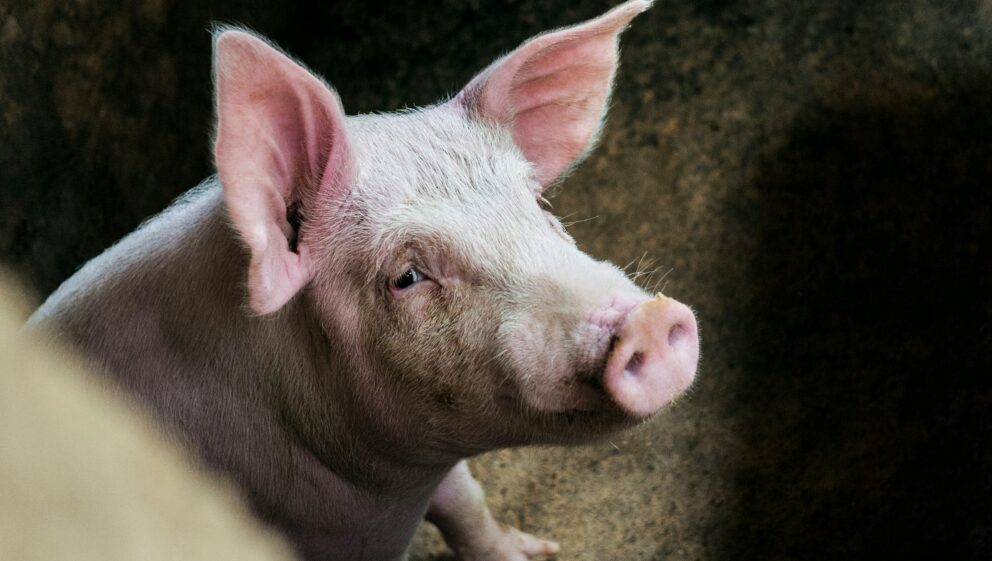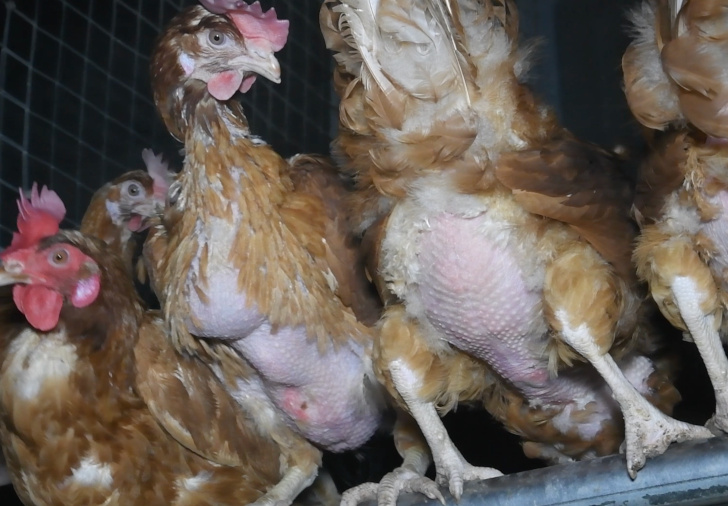‘The Herds’ will be arriving in London this Friday!
Have you heard? A breathtaking arts initiative, ‘The Herds’ will be arriving in London this Friday.
Posted 27 Jun 2025

Posted on the 25th March 2024
DEFRA have launched a consultation to make food labelling “fairer” so that consumers can make decisions that “align with their values”.

The consultation sets out proposals for the labelling of animal products to clearly state their origin and the production method used.
But this misses the point that food labelling already does – and always will – fail animals.
Currently, eggs are the only animal product that must display the production method used, whether from caged, barn, or free-range chickens. And yet, these labels have been consistently shown to be misleading when it comes to animal welfare.
For example, ‘barn’ eggs come from chickens who are unlikely to ever see daylight. Free-range hens are also kept in barns but must typically have some access to the outdoors via small pop-holes – although in huge, crowded barns, these holes are inaccessible for many birds. Due to outbreaks of avian flu, the government may allow producers to retain a ‘free-range’ label despite the chickens being kept indoors. Even on ‘organic’ farms, animals can be kept in sheds of up to 3,000 birds making it impossible to ensure the wellbeing of every individual.
Then there is the physical toll that egg-laying takes on these delicate animals: bone fractures and foot burns (caused by a build-up of excrement) are both common throughout the egg industry.
Egg labelling has been mandatory since 2004, but it hasn’t improved life for these chickens.

Food assurance schemes, such as Red Tractor and RSPCA Assured, are more examples of food labelling that continues to fail animals and mislead consumers.
In 2016, Animal Aid found injured and bloodied turkeys at a free-range, RSPCA Assured farm that was supplying the likes of Lidl, Marks & Spencer and the Co-Op. An earlier exposé of a chicken farm in Somerset – whose products also carried the RSPCA Assured label – found chickens starving to death because agonising leg and hip injuries prevented them from reaching feed and water stations.
Even at the end of their lives, animals are not protected by welfare labelling or accreditation schemes. Since 2009, Animal Aid have filmed inside many British slaughterhouses and found evidence of lawbreaking in nearly all of them, including those endorsed by the Soil Association and the RSPCA.
It’s clear that labelling doesn’t count for much.
There is no “fairer” food labelling that is fair to animals. Regardless of how animal products are produced or labelled, there will be cruelty involved.
The best way to avoid suffering is by adopting a cruelty-free, vegan lifestyle today.
Have you heard? A breathtaking arts initiative, ‘The Herds’ will be arriving in London this Friday.
Posted 27 Jun 2025

As the greyhound racing industry releases its annual data on the number of dogs’ deaths, a raft of well-known names - alongside their canine friends - has called upon the Government to end greyhound racing....
Posted 26 Jun 2025
